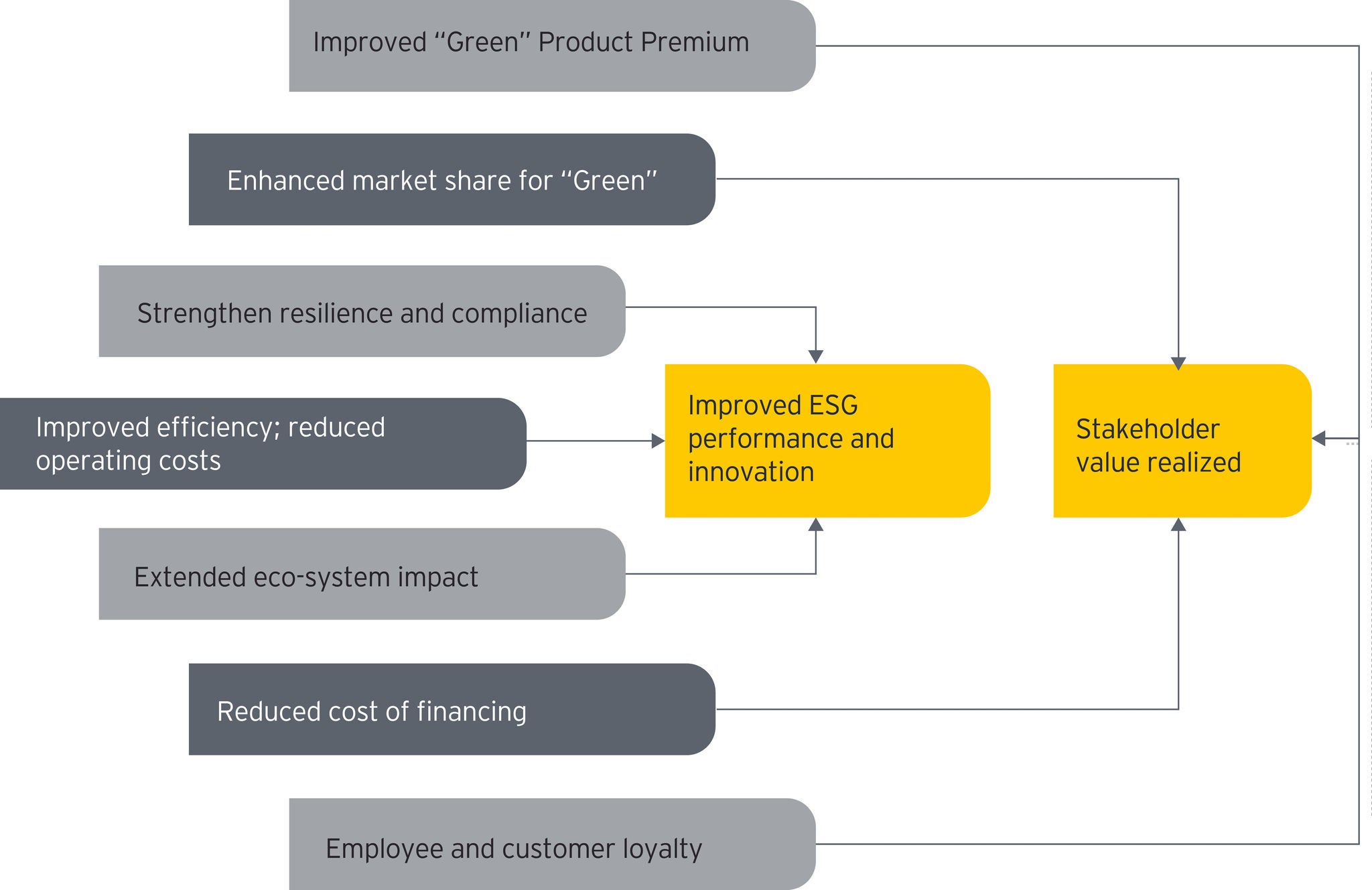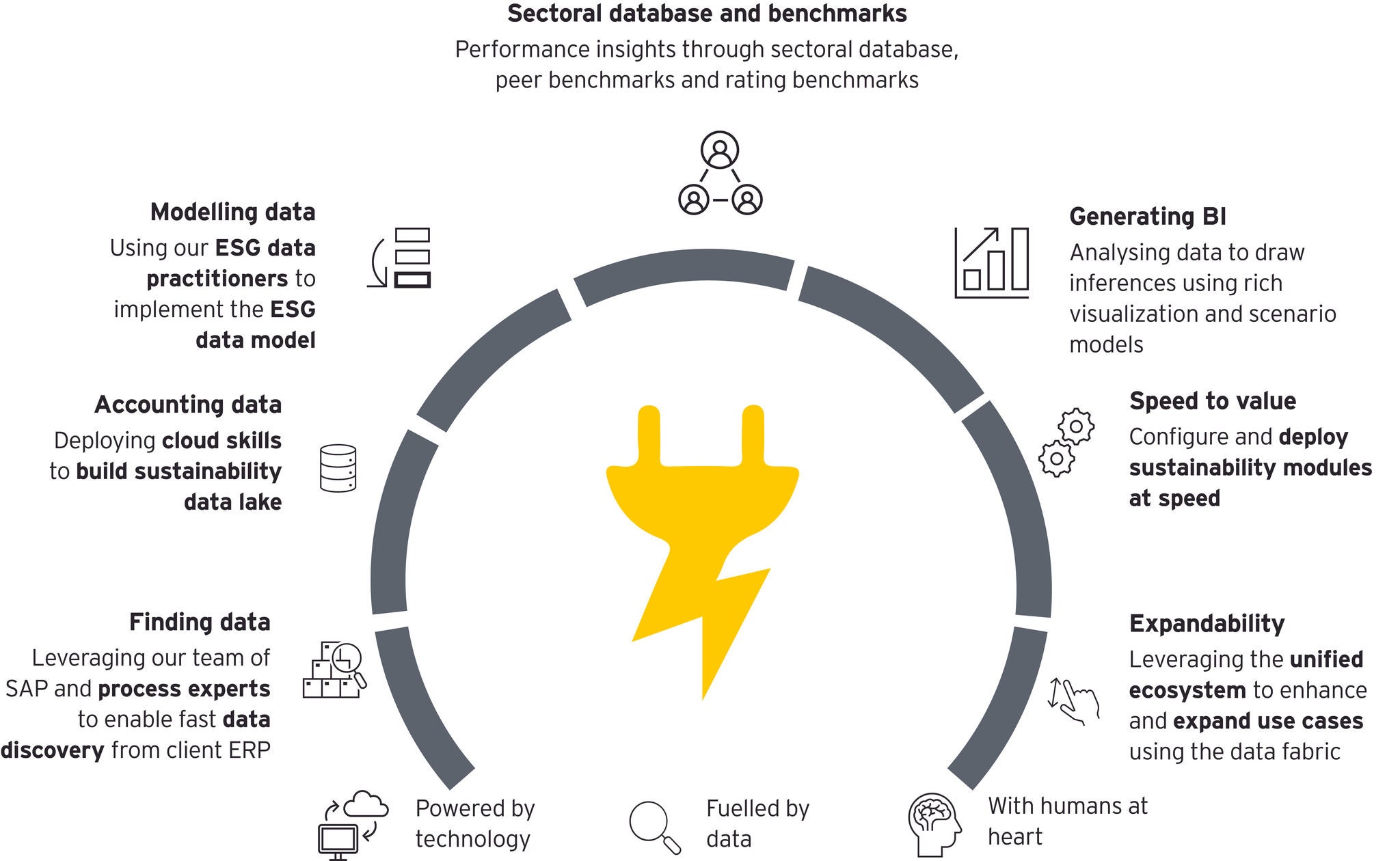EY refers to the global organization, and may refer to one or more, of the member firms of Ernst & Young Global Limited, each of which is a separate legal entity. Ernst & Young Global Limited, a UK company limited by guarantee, does not provide services to clients.
Our EY ESG data and digital platform offered comprehensive insights and performance analysis for the formal sector during FY 2022-23, with a dedicated focus on the top healthcare service providers in the country. Through its ESG dashboard, the platform showcases a robust ESG data model, providing a holistic view of environmental, social, and governance factors. The dashboard’s completeness ensures a thorough understanding of key metrics and trends, while sector-specific insights offer tailored analysis for the healthcare industry. With advanced analytics capabilities, the platform enables in-depth performance analysis, empowering organizations to make informed decisions and drive sustainable business practices.
Maintaining sustainability in healthcare business is important due to its profound impact on public health and environment, and long-term viability. By prioritizing sustainability in healthcare, organizations can mitigate risks, enhance stakeholder trust, drive innovation, and contribute to a healthier and more resilient future. The summary above offers brief insights into the role of technology in sustainable healthcare by leveraging platform like the EY ESG Compass digital platform to navigate the complexities of sustainability, providing valuable analytics and performance analysis to guide strategic decision-making and drive positive change in the healthcare sector.






